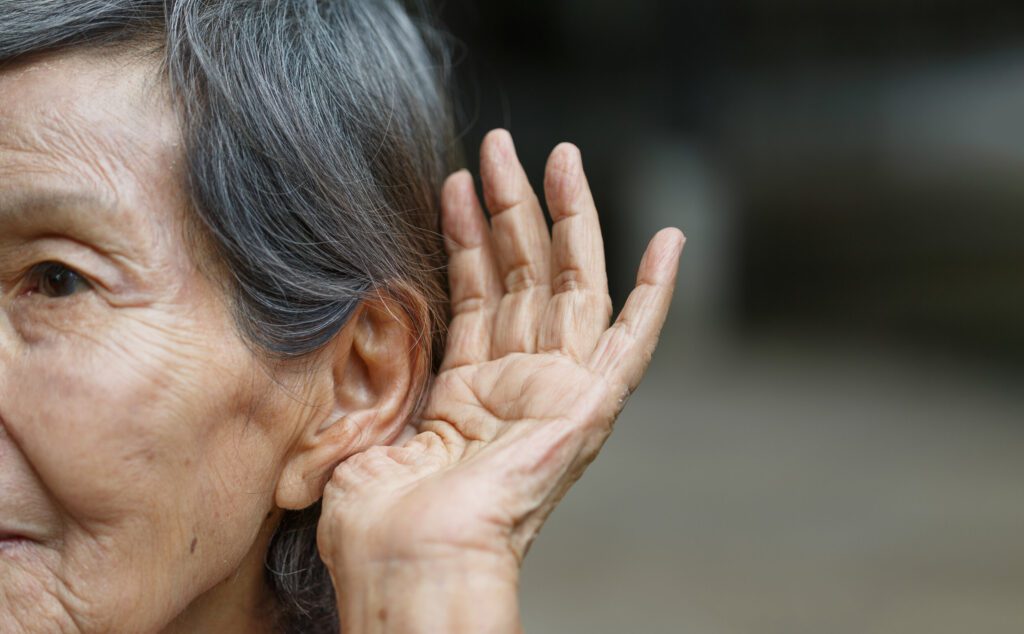
One of the most common changes that can occur as an individual ages is hearing loss. The term for such a condition is age-related hearing loss, also known as presbycusis. This means that as one ages, there is a decrease in hearing abilities that also worsens over time. Presbycusis can start early in the thirties or forties age range, where the ability to hear high-frequency sounds can decline and understanding speech becomes progressively difficult. Presbycusis affects one’s life in many ways. It could potentially cause safety issues, like the individual not being alert in dangerous situations due to not hearing smoke alarms, car horns, and other sounds. Another harm that presbycusis has on individuals is social isolation, depression, as well as additional challenges like tinnitus and presbystasis. Some signs and symptoms of age-related hearing loss include:
- Difficulty understanding words, speech, and other sounds, especially against background noise
- Withdrawals and avoidance of social gatherings and conversations
- Adjusting the television or radio volume to a higher level without being aware of it
- Often asking others to speak more slowly and clearly or even to repeat what was said
- Hypersensitivity to certain sounds
You may not know when hearing loss may occur as it happens gradually, which is why it’s important to identify the signs and symptoms of presbycusis. If there are difficulties in hearing, it is best to consult with a doctor to help improve your situation, especially if: one works in a noisy environment, engages in noisy activities, has a family history of hearing loss, or takes medication that could damage cells of the inner ear, leading to a greater risk of hearing loss. Although most adults, to some extent, have presbycusis, it is preventable. To avoid a worsening age-related hearing loss condition and perhaps prevent it, one can:
- Protect one’s ears from high exposure and long durations of noise from work, activities, etc. This can be done by wearing plastic earplugs or earmuffs.
- Get regular checkups with the doctor, where a basic hearing evaluation can be done to either refer a patient to a hearing specialist for further steps to prevent hearing loss or check and assess the sounds that can be heard.
- Avoid activities that could damage your hearing over time, such as hunting, going to concerts, boating, or motorcycle riding.
The everyday activities that we do can expose individuals to age-related hearing loss, which gradually gets worse; however, it’s possible to prevent it. Detect the signs of presbycusis early and prevent it from worsening by talking with doctors and stepping away from activities that could harm rather than help.
WellPath Partners is your senior resource referral guide. Follow us on ALL social media platforms and join us weekly for more content and public health discussions.
By: Shirlynn Cheam
Senior Care Advising Intern at WellPath Partners
Health Care Administration Student, California State University, Long Beach
